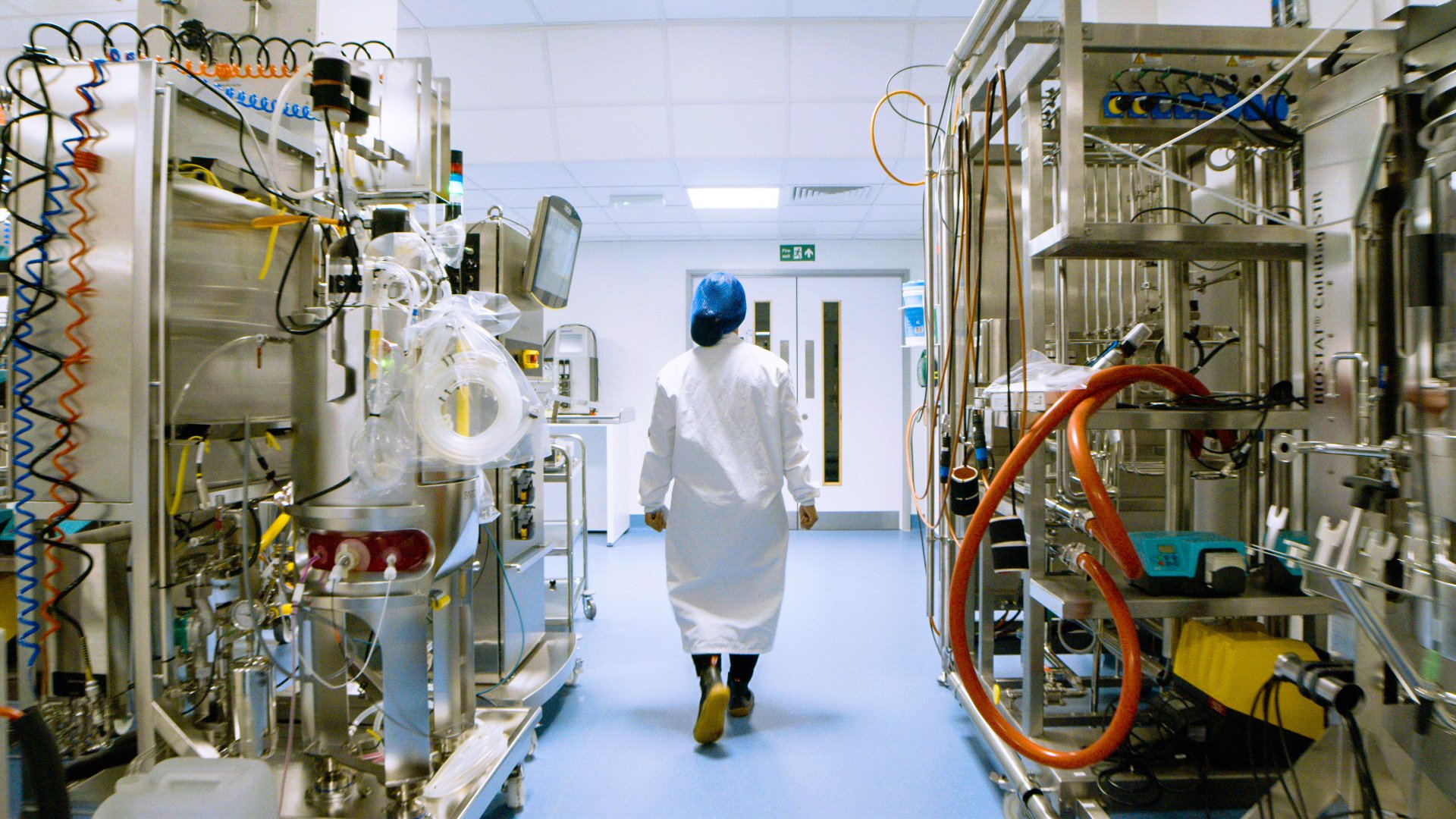Cambridge-based biotech startup Uncommon has raised $30 million in a Series A funding round. Formerly known as Higher Steaks, the startup will use the investment to further develop its unique approach to lab-grown lunch, ramp up production, and begin what’s proven to be the Achilles heel of the industry: the dreaded approvals process.
Uncommon’s $30 million Series A round was led by Balderton Capital and Lowercarbon, with Red Alpine, East Alpha, and previous investors Max and Sam Altman, Miray Zaki, and Sebastiano Castiglioni participating.
While the first ever lab-grown burger was unveiled in London in 2013 and billions of dollars of capital poured into the sector, as of today, Huber's Butchery and Bistro, located in Singapore, is the only place on the planet you can feast on lab-grown meat, specifically, one produced by San Francisco-based Eat Just.
Not to be confused with plant-based meat alternatives, lab-grown meat is actual meat, just sans the entire birthing, rearing, and slaughtering process. The meat is created by extracting cells from living animals, “feeding” them proteins, fats, and sugars, left to divide and grow in a fermentation tank, and within a month to a month and a half, voila, meat.
However, while the in vitro cell culturing process can and does offer a sustainable alternative to traditional methods, there is the pesky business of gene editing involved, one that regulators are, quite rightly, keen to ensure is spot on. And here we have the crux of the problem.

Where Uncommon stands apart from its competitors is in the fact that the company is using ribonucleic acid (RNA) to go about its business. RNA, similar, but not the same as DNA, contains the chemical markers that direct the cell's natural mechanisms to become protein, be it bacon or pork belly, etc. By using RNA, the gene editing process is eschewed, thereby speeding up the regulatory process as well as scaling and arriving at the all-important price parity with traditional meats.
“As the only cultivated meat leveraging RNA technologies, we believe we have a competitive advantage that could help us become the largest protein company in the world,” commented Uncommon founder and CEO Benjamina Bollag. “I’m delighted with the progress we’ve made so far as a company and look forward to working closely with our new and existing investors to continue to build on this progress and make a difference to global health.”



Would you like to write the first comment?
Login to post comments